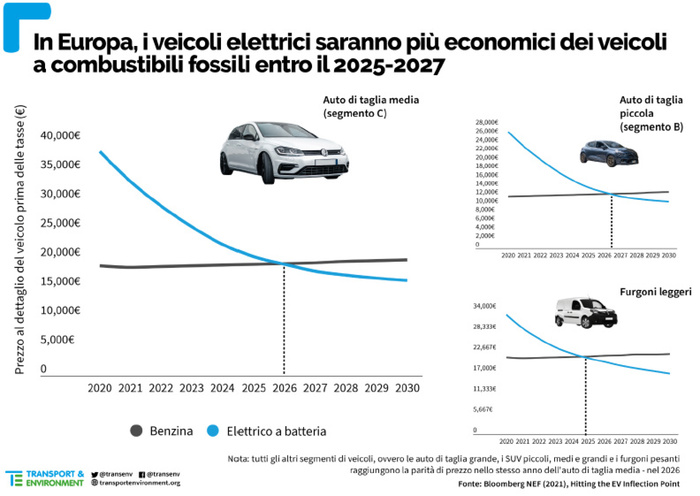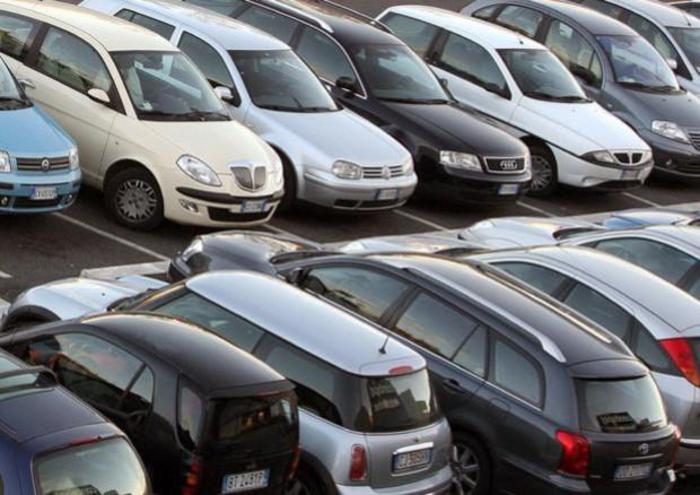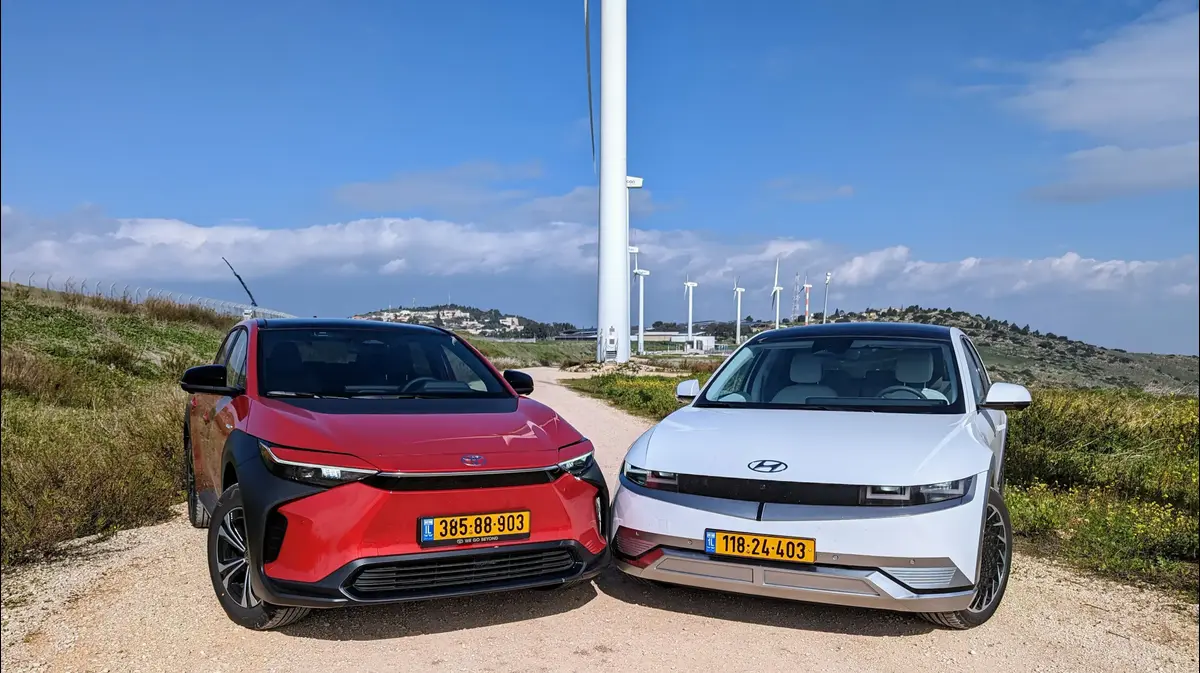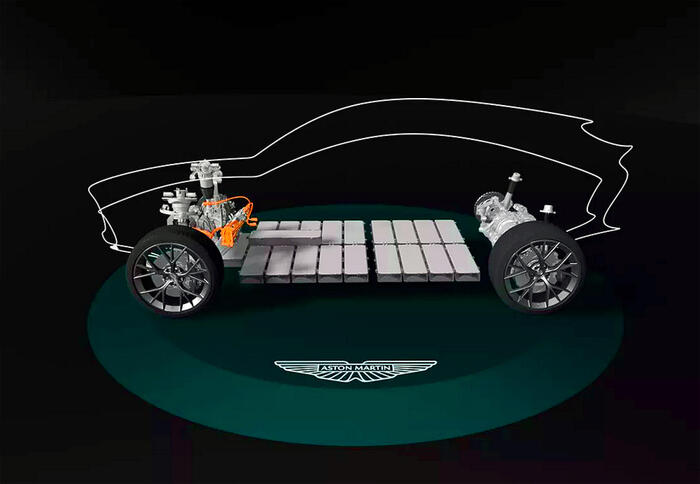By 2027, electric vehicles in Europe will be cheaper than those with a traditional petrol or diesel engine.
The result, decidedly unexpected in such a short time, is contained in an in-depth report drawn up by Bloomberg, according to which by 2035 electric cars and vans will be sold almost exclusively in the Union, even in the absence of preferential taxation or any economic incentives. to purchase. The decrease in the cost of batteries and stricter EU legislation on CO2 emissions, according to the study, together with a robust increase in recharging systems, will be the two determining factors for this trend to materialize.
The Bloomberg report, commissioned by the European Transport & Environment Federation, highlights that as early as 2025, light commercial vehicles will be the first segment to become cheaper to buy in the battery version than in the combustion engine version. Electric sedans (segments C and D) and SUVs of all sizes will follow the following year. The last to reach parity in six years will be the smallest cars (segment B).
For analysts, the increase in the production volumes of electric vehicles, and at the same time that of sales, must lead to a decrease in purchase prices with a consequent increase in attractiveness for consumers.
"The study - comments Veronica Aneris, director for Italy of T&E - shows how electric vehicles will soon represent a reality within the pockets of all new buyers. Within a maximum of 6 years, they will be cheaper than internal combustion engines. good news for the climate, for consumers and for European industrial leadership ".
The most significant example is that of light vans: currently electric is barely 2% of total sales, due to very low emissions standards that do not encourage manufacturers to invest in the transition. But the decrease in the cost of batteries should 'pull the sprint'. According to the study, the price of new batteries will greatly affect, which should decline by 58% by 2030. This item, in fact, weighs particularly clearly on the final cost of light commercial vehicles, and that is why it is expected that become the most economically viable first.
Without strong steering policies, the research underlines, battery electric cars will instead reach a market share of 85% and vans only 83% by 2035. Thermal motor vehicles would continue to be sold, undermining the the decarbonisation goal that the EU has set itself for 2050.
"With the right policies - continues Aneris - electric cars and vans can reach 100% of the market by 2035 in Europe. The Italian government must favor this historic transition, on the one hand by supporting more stringent CO2 reduction targets in Europe for manufacturers and introducing 2035 as the end-of-sale date for internal combustion engines, on the other by accelerating the spread of electric vehicles in the Italian fleet. It is time - he concludes - to roll up our sleeves, to deploy an adequate national recharging network and introduce targeted and coherent tax policies ".













